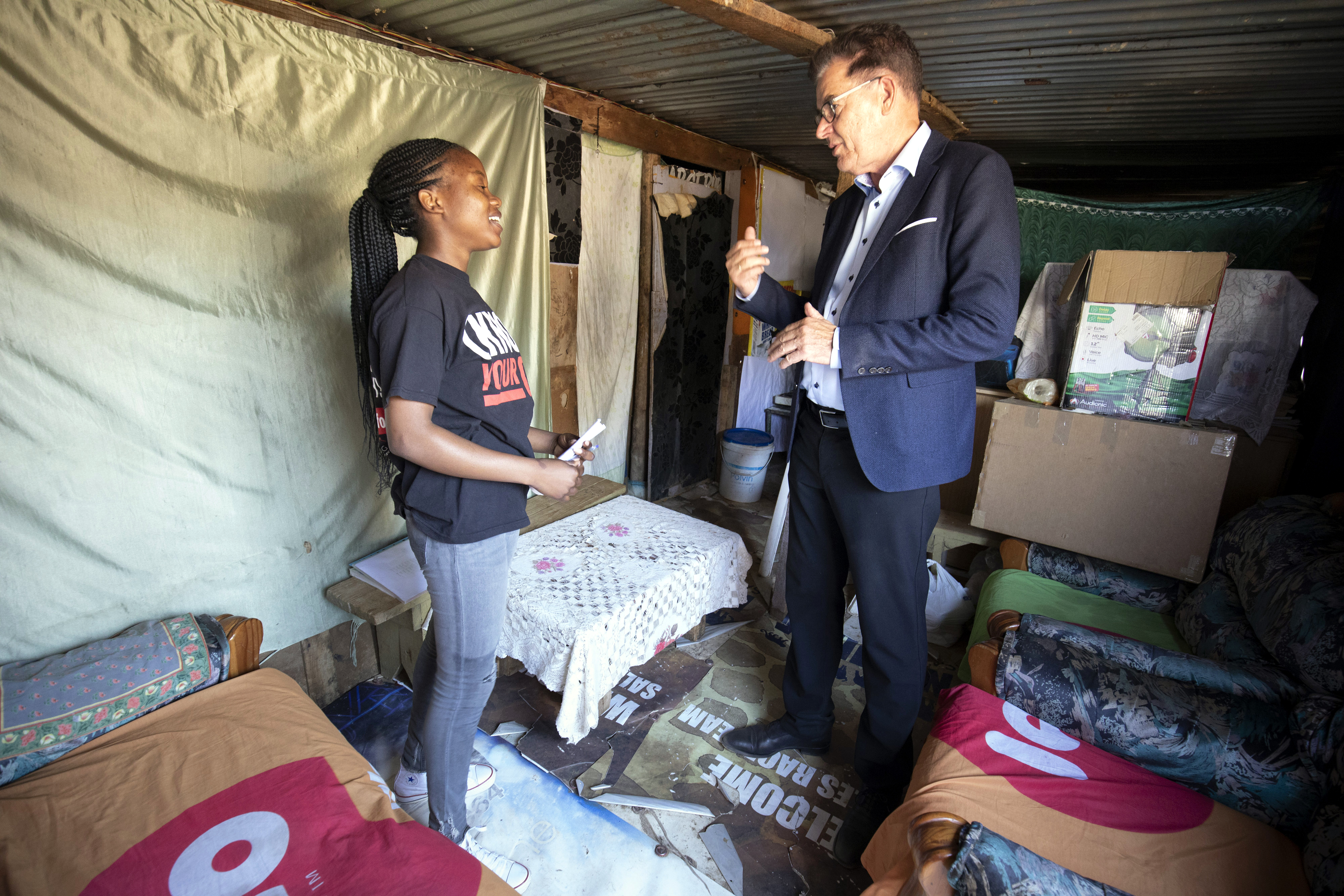Third wave of infections Minister Müller says: “We will not leave Namibia alone in the fight against COVID-19”
“Africa is currently being hit by a third wave of infections which, according to estimated figures, will claim more lives than the second wave. Namibia is also currently experiencing this third wave. The daily numbers of new infections and deaths in the country have recently risen sharply. We are in close contact with the Namibian authorities so as to organise fast assistance. Just a short time ago we were able to hand over 462,000 surgical masks from German government stocks. In addition to that, we are preparing several deliveries of support goods worth more than eleven million euros. The support package consists of about 50 ventilators, hospital beds, test kits, protective clothing and masks. The first delivery was handed over in Windhoek on 8 July. Furthermore, we are making plans in the German government to donate vaccine doses to Namibia specifically.
COVID-19 is also a pandemic of poverty. The World Bank has estimated that more than 100 million people fell back into extreme poverty last year, and many more this year. Whereas, in many parts of the world, the poverty will decrease again, in Africa it is continuing to rise. That is one reason why Namibia also already received support last year from our Emergency COVID-19 Support Programme. Since 2020, we have been able to make 43 million euros available for measures to fight the pandemic. This includes our efforts to mitigate the economic and social consequences of the pandemic. For example, we are assisting small and medium-sized businesses in particular with loans, training and grants, and we are supporting the national parks and other protected areas. This way we are able to protect people’s jobs and biodiversity will continue to be preserved. A similar level of funding from our Emergency COVID-19 Support Programme is available for Namibia this year, too.”
